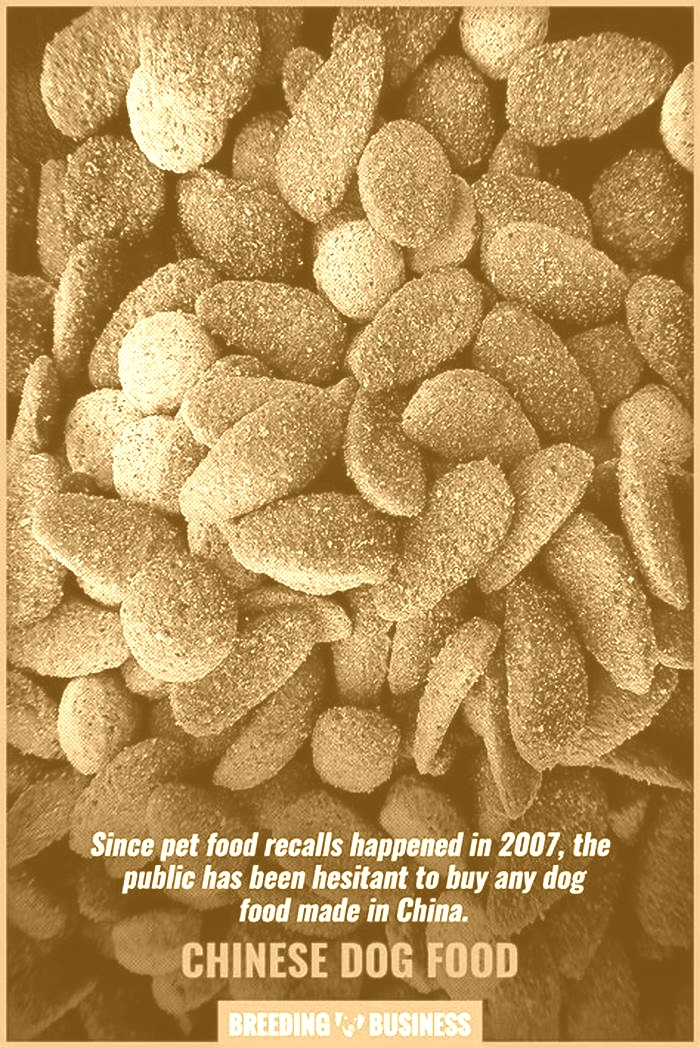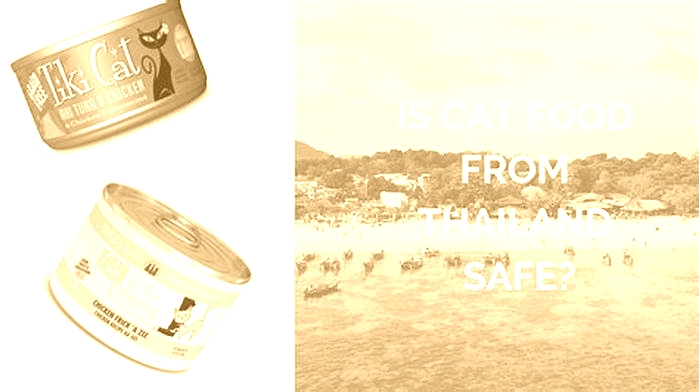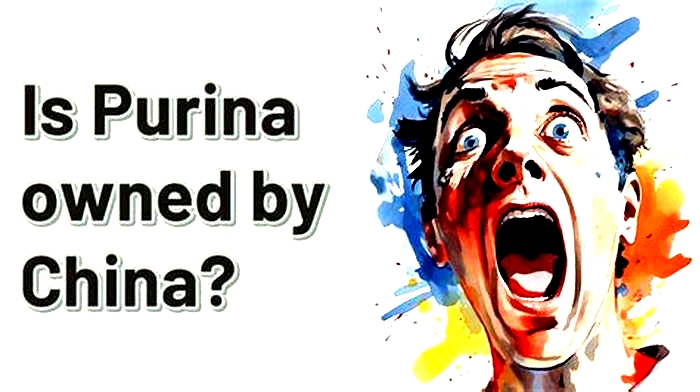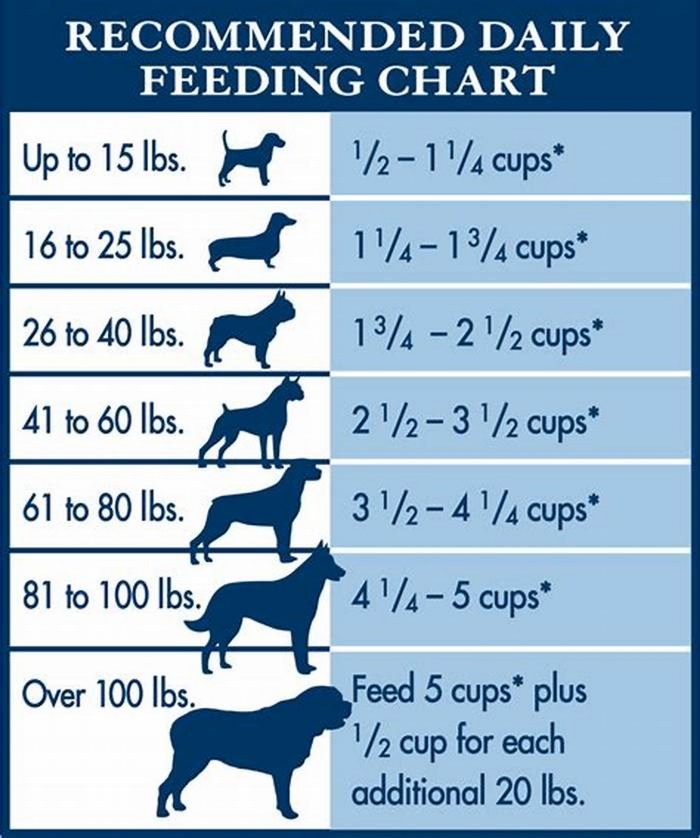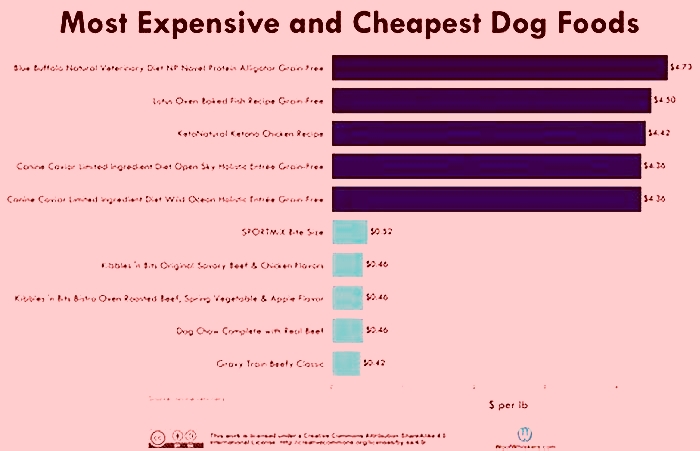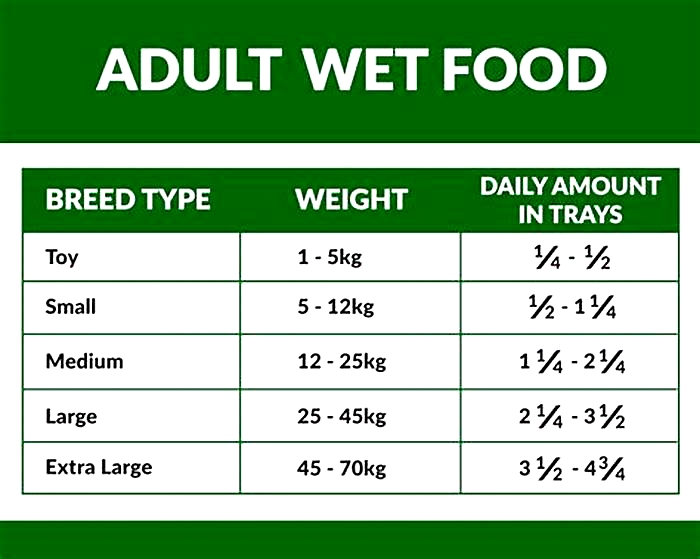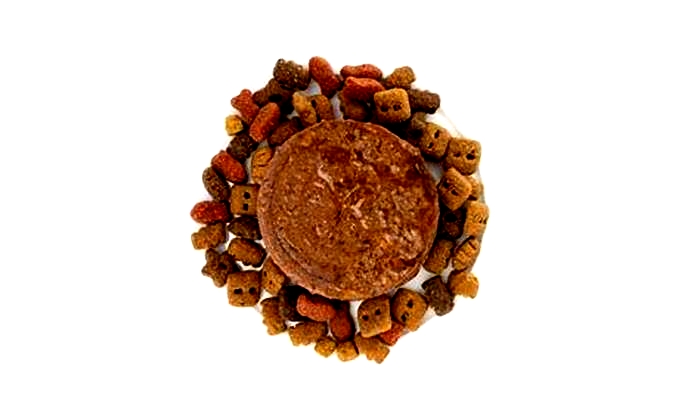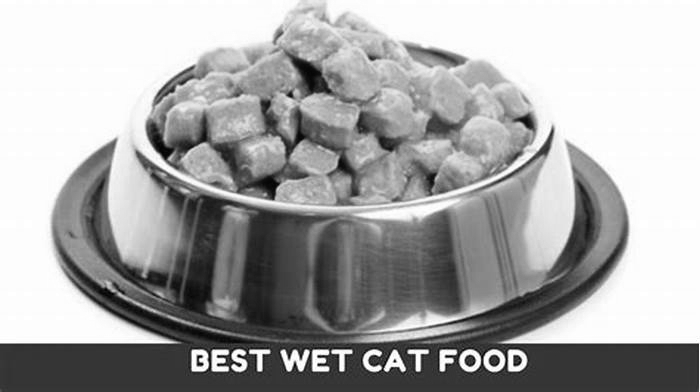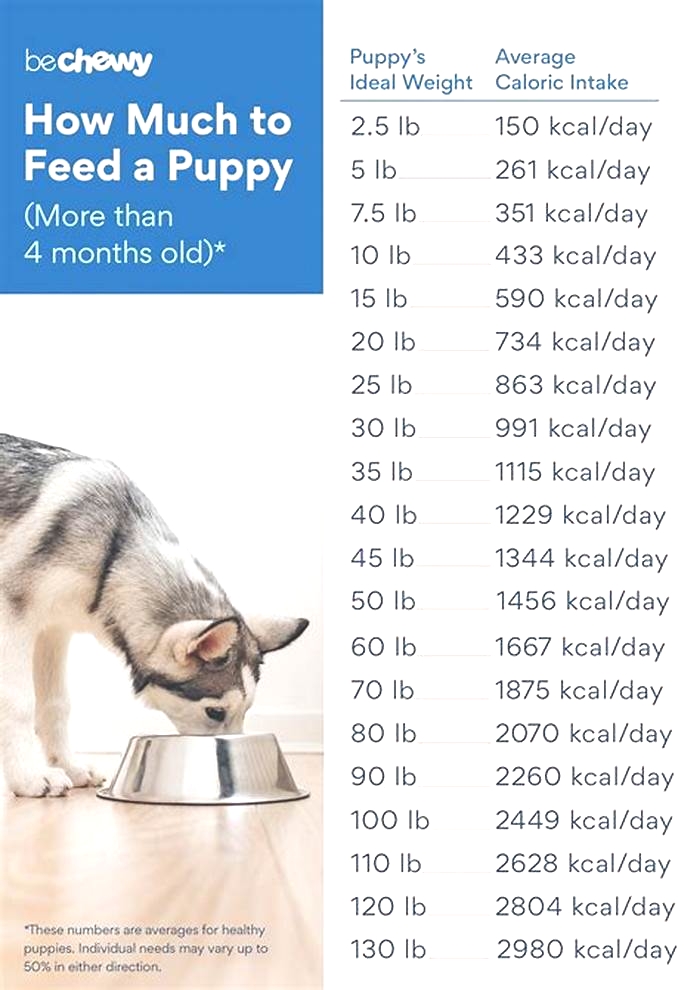Is Chinese dog food safe
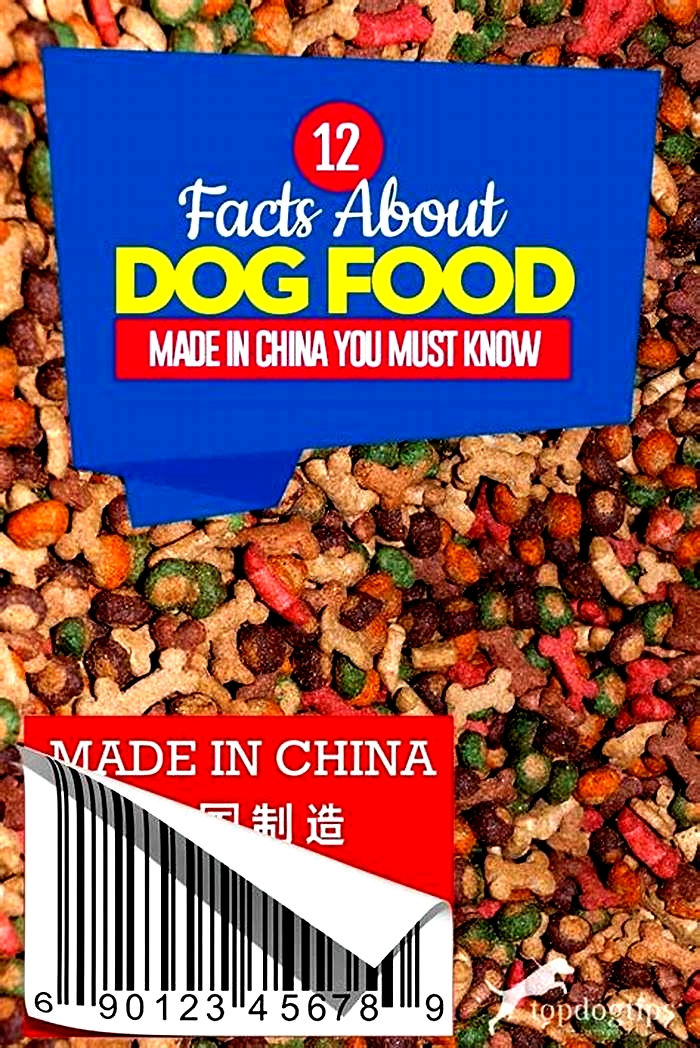
Chinese Dog ProductsWill Your Dog Be The Next Victim?
Ever since the scandals in 2007 and 2011 involving Chinese-made pet food and treats that killed thousands of dogs and cats, vigilant pet owners have avoided Chinese dog food like the plague. Some of Americas favorite brandssuch as Iams, Purina, and Hills Pet Nutritionand retailersWalMart, Costco, Petco, PetSmartwere implicated in the heartbreaking incidents.
More than 13,000 pets died from tainted Chinese pet food and treats, and 9,000 were sickened, all due to Chinese manufacturers, who are often solely focused on profitseven at the expense of your pets life.
China ProfitsAnd Your Dog Pays the Price
Deliberate activities on the part of Chinese manufacturers are often to blame when pets in the U.S. get sick. Investigators determined that many of the deaths were caused from two chemical additives that were present in some of the food: melamine and cyanuric acid. When both melamine and cyanuric are present in pet food, they form dangerous crystals in the kidneys of the dogs and cats who ingest them.
U.S. investigators discovered that adding chemicals to animal feed is a normal practice in China. In the case of these pet food contaminations, Chinese feed producers were adding melamine and cyanuric acid to wheat gluten, which is a high-protein ingredient commonly found in pet food.
You may be wondering why Chinese feed producers would add these substances to the wheat gluten used in pet food. And you may not be surprised that their motive is completely financial. The price of pet food is largely based on the protein content of the food. Producers can charge more money for food with higher protein percentages.
Both melamine and cyanuric acid are routinely added to animal feed in China as fake proteins. Neither provides any nutritional benefits to animals, but they mimic proteins when tested. Chinese pet food producers intentionally committed acts of fraud to increase their profits.
Disturbingly, even after a class-action lawsuit that awarded $24 million to the victims, its not clear that these practices have been discontinued in China.
U.S. Laws Have ChangedBut Can You Trust China?
Effective in 2015, the U.S. Food Modernization Safety Act gives the FDA the authority to mandate pet food recalls (prior food recalls were voluntary). In addition, the new regulations require U.S. pet-food manufacturers to use basic sanitation practices to prevent product contamination and to maintain written policies to prevent food-borne illnesses.
Despite the regulatory overhaul, U.S. government agencies remain underfunded and are challenged by a consistent lack of cooperation from Chinese manufacturers, who are not subject to regulations.
As U.S. government agencies devote resources to policing human food products, pets are left vulnerable. And of course, dog food recalls arent imposed until AFTER multiple reports of adversely affected dogs come to light. Not that comforting, is it?
To be safe, the FDA has advised U.S. pet owners to completely avoid Chinese-made pet food and treats. In addition, they caution pet owners to exclusively purchase pet food that is produced in the U.S. using domestic ingredients.
Chinese Dog Toys: Playing With Fire
While most people are aware that Chinese pet food is potentially very harmful, the problems with dog toys have flown mostly under the radar. It is important to realize, however, that dog toys are unregulated in the U.S. and in China.
Many American dog-toy manufacturers voluntarily comply with the standards used for childrens toys, and all U.S. dog-toy manufacturers are limited in their use of toxic chemicals due to environmental and labor laws. On the other hand, Chinese factories do not self-regulate, nor do they face government oversight.
In 2009, the Ecology Center, a nonprofit environmental organization, tested hundreds of pet products for the presence of toxins, many of which were manufactured in China. Of the approximately 400 products tested, 45 percent tested positive for the presence of at least one hazardous toxin, such as lead, mercury, and arsenic. These toxins can cause a multitude of serious problems in dogs including vomiting, diarrhea, convulsions, and brain damage.
The Ecology Centers test results for tennis ball dog toys were particularly disturbing.Almost half the tennis balls tested contained lead. The lettering on one of the balls had lead levels of 2,296 parts per million.
By comparison, the legal maximum amount of lead allowed in childrens toys is 90 parts per million. The dog tennis ball contained more than 25 times that amount! In addition, the balls lead level is worse than the maximum-allowed dietary level in dogs. A dog that is overexposed to lead could experience vomiting, weight loss, anemia, seizures, and permanent neurological damage.
The same tennis ball had arsenic levels of 262 parts per million, which is ten times more than the maximum level allowed for childrens toys. Likewise, the level of arsenic in the tennis ball exceeds the maximum dietary allowance for dogs. Arsenic poisoning in dogs can cause vomiting, diarrhea, pain, lethargy, weight loss, and unconsciousness.
Other Chinese-made toys in the study that were found to contain toxic substances such as lead, bromine, and chromium included Big Mouth Rings, Boomerang Junior, Dolce and Grrrbana Shoe Toy, Fleecy Clean Dog Toy Bone, and the Jimmy Chew. The Canine Plus Dog Toy Bug tested for a whopping 287,000ppm of chlorine!
In 2007, a forensic toxicologist tested Chinese-made pet toys for ConsumerAffairs.com and found that some contained toxic heavy metals including cadmium, chromium, and lead.
According to the toxicologist, the poisonous chemicals could be released from the toys when dogs lick and chew them. In addition, the toxicologist pointed out that the toxins can cause cancer and neurological damage.
The scary thing is that if your dog ever gets sick from playing with Chinese-made toys, its unlikely that you or your vet would ever be able to discover the cause of her illness. The basket of toys you have sitting in your living room could be causing pain and suffering in your pet without you ever knowing it.
Bottom line? Even if you have stopped purchasing Chinese pet food products, you may be enjoying a false sense of security if you have not eliminated every Chinese-made product from the reach of your dog. Food and treats are simply not the only dangers.
A 100% Safe Rest
Big Barker is one of the very few dog bed manufacturers that insists on sourcing every ounce of our foam in the United States. And our upcoming article on the dangers of Chinese-made dogs beds will shock you every bit as much as the treat and toy scandals that weve discussed above. Stay tuned.
In the meantime, if you want to remind your fellow dog lovers about the very serious dangers of Chinese-made pet products, please share this article on Facebook and Twitter. The health and safety of a beloved pet may depend on it!
You May Also Like:
Signs and Treatments of Physical and Mental Aging
The Best Ways to Spend the Weekend with Your Dog
Can Dogs Eat Chinese Food? Vet-Reviewed Facts & FAQ
The information is current and up-to-date in accordance with the latest veterinarian research.
Learn moreDogs and Chinese food can be a tricky combination, but the short answer will be a big No, dogs cannot eat Chinese food. While dogs may love the savory flavors of Chinese food, it is important to remember that most of these dishes are not suitable for them. This article will discuss the safety concerns associated with feeding dogs Chinese food, as well as some tips for ensuring your pup stays healthy and happy when enjoying human food.

Is Chinese Food Safe for Dogs?
Unfortunately, the answer is No. Many of the ingredients in Chinese dishes are not safe for dogs and can even be poisonous. Even if your dog isnt going to die, they could still get sick, and thats no fun for anyone.
Common ingredients such as garlic and onions can cause toxic reactions in your pup if ingested. Flavorings like soy sauce or MSG can cause an upset stomach or even salt toxicity, which can be fatal in some cases. Additionally, dishes that contain uncooked meat can raise the risk of foodborne illnesses in your pet.

Can Dogs Eat Chinese Egg Rolls?
No. Egg rolls are typically fried in oil, making them high in fat and calories, which can lead to digestive issues or weight gain. Additionally, egg rolls often contain garlic and onion, both of which are toxic for dogs. Stick to safe treats like cooked chicken or turkey instead!
Can Dogs Eat Fried Rice?
Again, no. Fried rice is high in fat and sodium and can cause digestive issues or weight gain if eaten in large quantities. Additionally, fried rice often contains garlic and onion, both of which are toxic for dogs. If you want to give your pup a taste of rice, try plain, cooked white rice instead!
Can Dogs Eat Sushi, Shellfish, or Seafood?
No. Dogs should not eat sushi, shellfish, or seafood of any kind. These foods are high in mercury and other toxins that can be dangerous for your pup. Additionally, fish bones can get stuck in the throat or cause internal damage if swallowed.
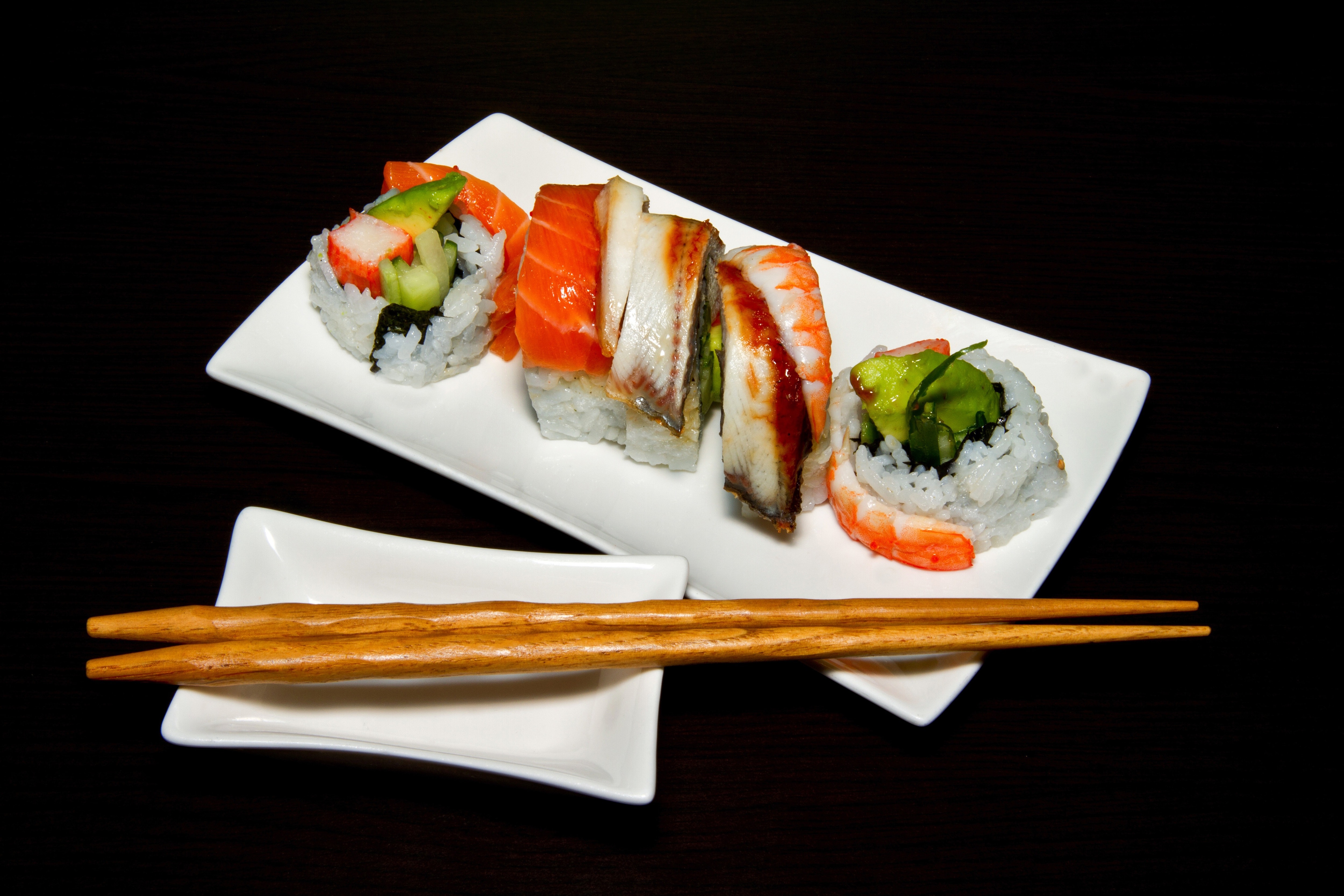
Can Dogs Eat Baby Corn?
Yes, baby corn is safe for dogs to eat as long as it is cooked. Baby corn should not be eaten raw or with high-sodium sauces like soy sauce.
What If My Dog Eats a Fortune Cookie?
Fortune cookies are generally safe for dogs, but they contain high amounts of sugar which can cause an upset stomach and other health problems. So, its best to avoid giving your pup any at all.
Is It Deadly if My Dog Accidentally Eats a Bit of Chinese Food?
That depends on the ingredients and how much your dog ate. You should call your vet immediately if they ate: garlic, onions, uncooked meats, MSG, or soy sauce. These ingredients are particularly toxic and can cause serious health issues in dogs if not treated quickly.
Youre likely fine if your dog had a small nibble of something like chicken or broccoli. But watch for any signs of illness in your dog even if they only consumed a small amount of Chinese food. And as always, its better to err on the side of caution and call your vet if youre ever unsure.
What to Watch For
If your pup ever does sneak a taste of Chinese food, its important to look out for any signs that they may not be feeling well. Common signs of food poisoning or toxicity include vomiting, diarrhea, lethargy, loss of appetite, and changes in behavior. If your dog experiences any of these signs, or anything else that seems unusual after eating Chinese food or any other human food, contact your vet immediately.


Why Cant Dogs Have Soy Sauce?
Soy sauce is high in sodium, which can be dangerous for dogs if ingested in large amounts. It can also cause an upset stomach and other digestive issues. As a result, soy sauce should be avoided when feeding your pup human foods.
Why Cant Dogs Have Undercooked Meats?
Undercooked meats can contain bacteria, parasites, and other pathogens that can cause foodborne illnesses in your pup. Whenever youre feeding your dog human foods, make sure to cook the meat thoroughly before serving it to them.
Why Cant Dogs Eat Onions and Garlic?
Both onions and garlic contain compounds that are toxic to dogs. Ingesting even small amounts of these ingredients can cause severe digestive issues and other health problems in your pup. Its true that some dogs tolerate onions and garlic well on occasion. In fact, there are even natural products for dogs that contain these ingredients. That doesnt mean theyre safe. Theres really no way to make sure your dog isnt the one who gets sick or dies when they eat onions and garlic, so its best to avoid giving them any at all.

What Should I Feed My Dog Instead?
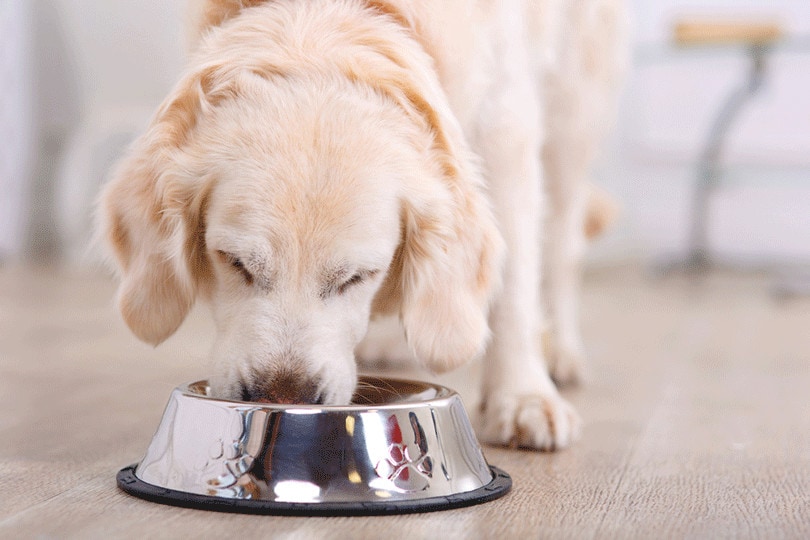
If you want to give your pup a special treat, there are plenty of human-safe foods they can enjoy! A few safe and healthy options include cooked, plain white meat such as chicken or turkey, cooked vegetables like carrots and green beans, rice, applesauce, and peanut butter. Just make sure to avoid seasoning any human food that you give to your dog, and only give it to them as an occasional treat. You can also look for specially formulated savory dog treats that are designed to provide a delicious savory snack without the risk.

Conclusion
The takeaway here is to always be mindful when feeding your pup Chinese food. Dont give into those puppy eyes, and only feed them treats that are safe and healthy. Chinese food is definitely not one of these! Feeding dogs Chinese food is not safe and can even be toxic for them. Keep an eye out for any signs of toxicity or food poisoning and call your vet if youre unsure. Its better to be safe than sorry when it comes to our furry friends!
If you want to give your pup a special treat, there are plenty of human-safe foods they can enjoy. Be sure to check ingredients before giving your pup any human food and monitor them for any signs of distress if they do consume something from the table. Remember to always err on the side of caution if you think your dog has eaten something potentially dangerous and contact a vet as soon as possible. With these tips in mind, your pup can continue to stay healthy and happy!
See also:

